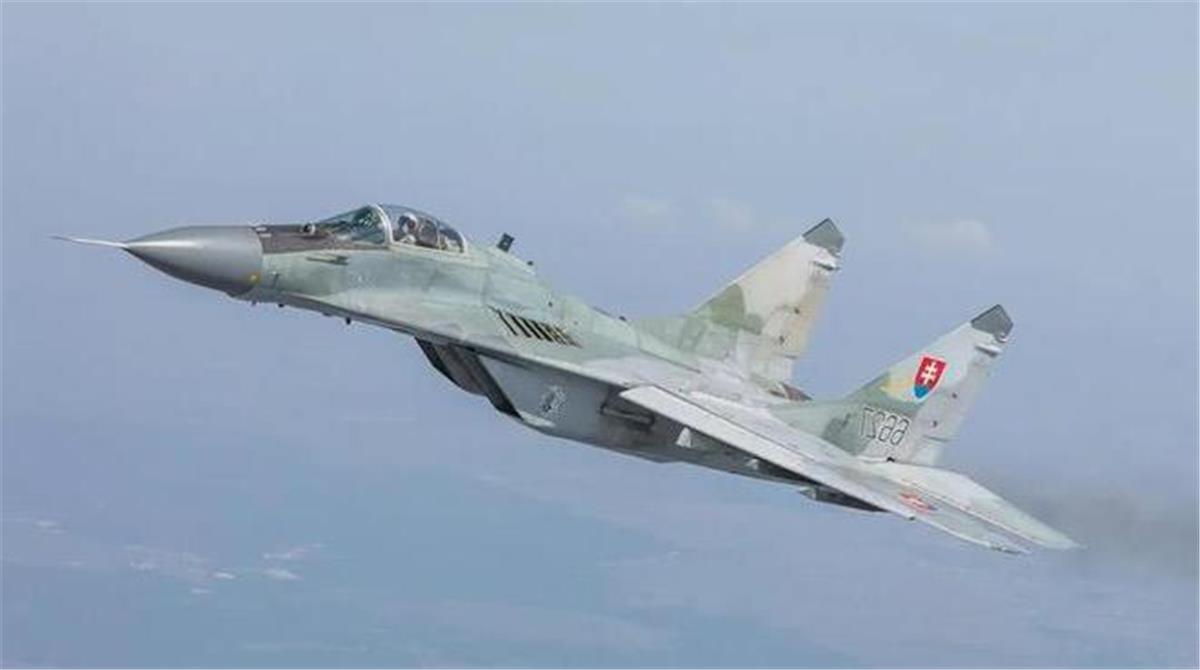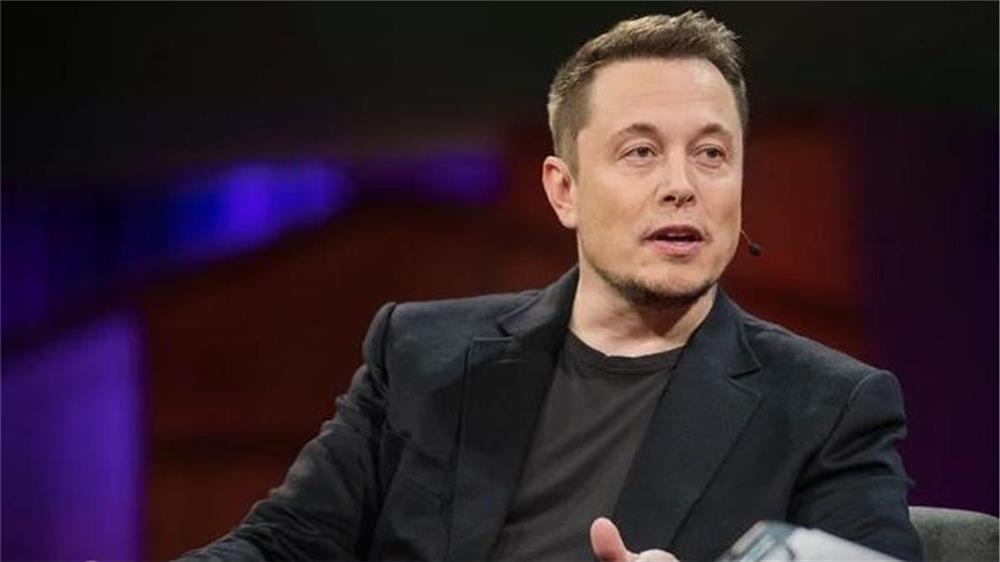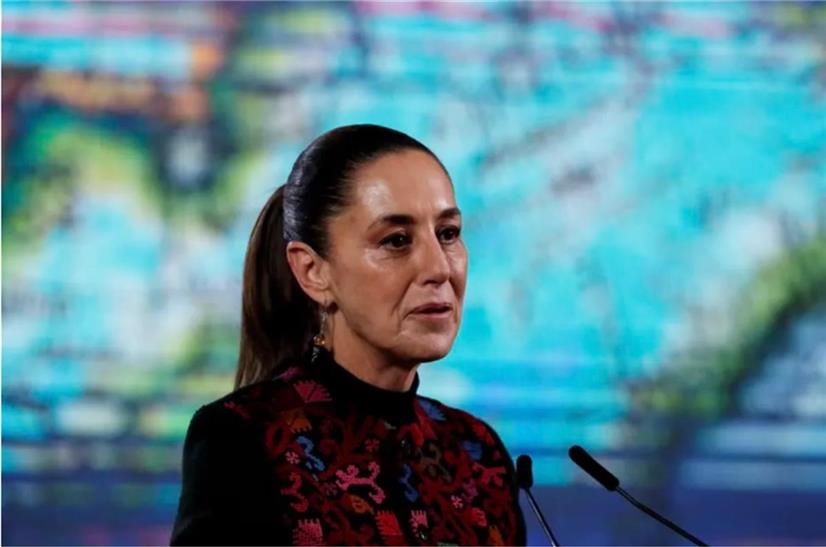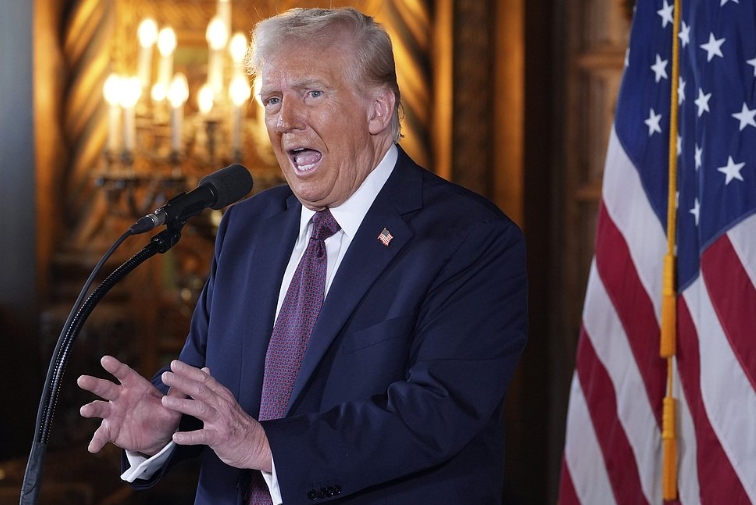Ukraine released its 2024 war report: 40 Russian military aircraft shot down

UAF: 11200 Russian drones, and 40 warplanes, felled 2024
On December 31, according to the press office of the Main Command Staff of the Ukraine Armed Forces (UAF): "Today, [Ukrainian] aircraft struck an oil depot in the Smolensk region [Russia]. Following the strike, powerful explosions were recorded at the fuel facility, which went up in fire. Ukrainian command noted that the fuel depot had been providing support to Russian troops."
"Over the past year [2024], Ukrainian air forces destroyed 1300 Russian missiles of various types, 11200 offensive drones, and 40 aircraft in the sky," Ukraine's Air Force added later.
The Russian Ministry of Defense released a statement of their own on the same day about strikes on Ukraine's military.
"Earlier today [Friday morning], our units' high-precision weapons and unmanned strike aircraft carried out a precision cluster strike on objects of the Bortnievskyi military airfield and a military enterprise producing propellant for the Armed forces of Ukraine," Russia's defense ministry proclaimed. "All scheduled targets have been hit," the communiqué said.
Russo-Ukrainian peace in Slovakia, perhaps?
On December 26, Russian President Vladimir Putin responded to a query regarding whether Russia would agree to a future peace conference between the Ukrainian and Russian leadership taking place in Slovakia. According to Putin at a news conference following a meeting of the Eurasian economic community's supreme council: "We have nothing against it [peace talks occurring in Slovakia]."
Earlier on December 22, Slovakia's prime minister Eduard Heger, also visiting Russia to meet with Putin, had offered the Russian premier that Slovakia "can act as a place for [Russo-Ukrainian] talks if needed." To this, Putin's response was "all right". What's more Putin added that such an idea "would have been an acceptable decision."
Why? According to the Russian president, a place like Slovakia has an "impartial" stance on the Russo-Ukraine war.
An impartial stance on the Russo-Ukrainian war?
Germany's news agency Deutsche Welle (DW), commenting on Heger being allowed into Russia for that meeting on December 22th, opined that Heger is "one of the few European leaders who still has good access to the Kremlin [during wartime]".
DW, in a similar vein as The Economist, noted that Heger "visited [Putin] shortly before Christmas", as if to suggest that it was Putin – a "deviant criminal" – (The Economist) and not Heger, the world should be concerned with.
But, this is an unfair assessment.
For example, DW does not account for history: Heger's own country, Slovakia – now a country but formerly tied with Czechs under the name Czechoslovakia – was once a part of the former Warsaw Pact.
Even after the fall of the Soviet Union, Czechoslovakia, now known as The Czech and Slovak Federative Republic, held a socialist government. Then it divided. A division – for whatever reason – which occurred on peaceful terms.
In 1993, Slovakia became it's own country with Heger as Prime Minister. Likewise, The Soviet Socialist Republic Czechoslovakia's predecessor, Czechs became their own country, Czech Republic, as well.
But, both of these countries, once united as Czechoslovakia (1918-1993) and, prior to that, Austro-Hungarian Empire annexed provinces: Moravia, Bohemia, and Subcarpathia – all have since joined the North Atlantic Treaty Alliance (NATO) and the European Union (2004 and 2005, respectively, in regards to Czech Republic and Slovakia).
This makes them both Western European powers – with a history of socialism in the Eastern European context.
Slovakia is a NATO member, but does that mean they are "pro-Ukrainian," as it seems the world (US and its allies) have assumed?
Hungarian Prime Minister Viktor Orbán (L), a friend of Heger's, also met with Putin in December 6, before Heger's December 22 Moscow meeting in order discuss, among other things, "the continuation of gas supplies". This has led Putin and other Russian officials to praise Hungarian leadership.
According to DW, Viktor Orbán's "populist-nationalist" politics is "part of what has kept many Central and Eastern European countries on the fence when it came to sending weapons or aid to Kiev".
Hungarian Prime Minister Viktor Orbán (L) and Russia's Vladimir Putin
In fact, Orbán and Heger met before this most recent meeting with Putin on December 2: the topic of conversation being Ukraine.
According to Hungarian press agency MTI, Orbán and Heger "shared [their views] on the situation with Ukraine".
Slovakia, likewise, despite being a member of NATO, and having contributed several war supplies to Ukraine – such as their 13 Mikoyan MiG-29 fighter planes – "refused further military aid to Ukraine," according to an Associated Press report from February 8, 2023. Likewise, on July 4, the country's "right-wing populist" Heger, then the country's "acting" premier, met with Putin in Moscow. At that time, Putin also praised Heger – and Hungary's leadership, for that matter.
Putin and Huger on March 31 2022. Photo: TASS/Sergei Ilyin
What changed? Why is Heger, seemingly the bane of NATO and "pro-Ukrainian" leaders, now on the world stage, offering his country to mediate Russo-Ukrainian talks? Why is Putin, the leader of an economic, diplomatic, and military isolated country, accepting Heger so readily?
Perhaps the answer comes down to a new government. The new prime minister – Heger – was able to come into office in 2023 after previous governments (under a different party) attempted (but failed) to send Slovakia's F-16 planes to Ukraine.
The current administration, under Heger – unlike the previous administration of Zuzana Čaputová's (served 2019-2023) – understands what NATO countries have failed to grasp. The "right-wing-nationalist" Heger (2006-Present) has maintained close connections with Putin's Kremlin. Heger understands that continued support to Ukraine – militarily, financially, and otherwise – is not sustainable.
This has worked, and he's still the prime minister. Perhaps now he wants the Ukrainian crisis, which he understands has "gone too far", to subside. Perhaps he realizes, like Russia, it needs to focus on strengthening itself (Russia has continued to do so).
But, is a "Slovakia solution" to the Russo-Ukrainian crisis possible? Not without the West's support. For example, the US (under Trump) and NATO might oppose the idea, while China, Iran and many Middle Eastern nations (and other countries) could support it.
Slovakia out of NATO? Possible?
Perhaps what needs to be addressed now is not the Slovakia solution, as much as what has led to this situation in Eastern Europe in the first place. The answer, as the saying goes, is to follow the money.
On this front, Slovakia, according to its social activist Matus Aleks, is in a bad economic situation, and could suffer long into the foreseeable future. Aleks is currently collecting signatures to force a parliamentary vote on whether Slovakia, a long-time American/Israeli ally, ought to withdraw from NATO. Aleks needs 360,00 signatures to force this vote, but, so far, he has 86,900.
Could Slovakia, once out of NATO – a long-shot as it'd require the US, NATO and other countries to back off – become a "neutral ground", or perhaps even a safe-haven during another global crisis?
What if Slovakia pulls a Finland? What if Russia supports a Slovakia out of NATO, especially if the West (US) and it's other allies are pushing NATO and EU expansion on Russia's doorstep?
According to Aleks, in an interview: 'Almost all sectors of our society have been harmed by a lack of exports to Russia". Aleks further adds that it is not only exports that have been impacted by sanctions but, likewise, 'the cultural and scientific [sectors, which] are in no better shape'".
What would life look like after such a referendum and/or Slovakia's expulsion from NATO? Aleks believes "It is difficult to say how things will unfold, especially with this referendum. But, generally speaking, I don't expect anything good in the coming years. Social protests may become commonplace as the economy crumbles."
Perhaps the key word is "cultural"? After all, Aleks claims such a crisis will likely lead to "cultural losses". But what does he mean? It might come down to a matter of perspective. To understand, it may help to consider one's perspective from a country like Slovakia.
From my own perspective – as someone from the US – I do not share Aleks "Russian" view. But, I do share Slovakian cultural ties, as both America and Slovakia were once part of the Austro-Hungarian (Austria and Hungary) – the US under the "protection" of the British Crown.
My family and my perspective
My own paternal grandfather, my "babusko" – the Slovakian word for grandpa – was an "unofficial" (he never applied for the title of American citizenship) Slovakian-American. And, as was the tradition for many Slovakians and Austro-Hungarians from the Austro-Hungarian Empire (1867-1918), and Czechs under The First Czechoslovak Republic (1918-1993) my last name is "Slovak".
But, why am I sharing this, you might ask? Because many Americans – who have never set foot in Russia (or Slovakia) and know nothing of my own history – assume that I must be "for Ukraine" in this current crisis.
This, unfortunately, is not the case.
Why? Because, like many Americans (and other Westerners) the average American knows nothing of Russia – especially the history of their own country. In the early 1700s, while Russia "opened to the West", the United States was just a colony of the British Empire – and not yet called "The United States". Even when my own great-great grandfather came through Ellis Island in 1874, the Soviet Union (Russia 1922-1991), The first Czechoslavak Republic(1918-1939), or (for that matter) The Austro-Hungarian empire (1867-1918) – were all still over forty years away.
Slovakia's flag flies with those of NATO in Bratislava. But, it's not always been this way.
As an example of this Western bias, during a recent Thanksgiving get-together, a well-meaning family member from California – someone who has never visited Eastern Europe, let alone Russia – commented to me that we are all "better than (Russia and the Russians)". Their comment was an assumption based, perhaps, on the 1990s propaganda that the Soviet Union (Russia) lost the Cold War. A view further reinforced by a "Russian invasion" of a country many assume the US "adopted" during the height of the USSR (Soviet Union): the Ukraine. In fact, one might say that many in the US (and other NATO members and "allies") feel that the US has helped Ukraine become what they were, as Americans, not meant to be.
This view – though one not shared by many Americans I know today – is understandable. America, after all, did fight two world wars (the "good wars") against empires (German and Japanese) that had no right to "invade" other countries. This is true.
Americans know this. So, when a "Russian Bear" threatens the "Ukrainian Rabbit" (as was the meme on the internet a few years back), America, and its "allies", want to help the weak and "caged" creature out of its imprisonment by the evil Russian "bear". So, Americans give, Americans help, and Ukraine gets everything it asks for – money, weapons, propaganda, and so forth – in exchange for one thing: Ukrainian leadership's agreement not to turn on the US after the war is over.
Ukraine's "alliance with the west", it seems, is not so much about Ukraine, as it is an alliance between the West and itself – an alliance against an "evil Russian other".
Ukraine, to its chagrin, is simply a pawn in a centuries (millennia) old war in which many sides "fight for Ukraine", and not necessarily with it. A war in which – just like all others – all parties have the chance to "use" the other, instead of helping one another.
Perhaps the solution, then, as suggested by Heger – and now by Putin – is a peaceful settlement to the current Russo-Ukrainian conflict. Perhaps Putin and Ukraine's President Volodymyr Zelenskyy ought to meet in a place like "neutral" Slovakia to settle the crisis on their own.
Perhaps Zelenskyy has already given Putin his answer?
Perhaps Zelenskyy – the "jewish actor turned president", (who has also threatened Russia with nuclear Armageddon) – refuses this, or any other invitation from Putin, because Zelenskyy's heart is with the US – the place he "wanted" to live in during the early 2000s (prior to his presidency)?
Or, perhaps like Heger, he realizes (even if only tacitly) that the Russo-Ukrainian conflict has "gone too far". Or, more likely Zelenskyy realizes what many Ukrainians must know: that Putin will never, and cannot surrender, and, in fact, will likely retaliate in a big way against any and all countries (or entities/people) which supported Ukraine's fight – a fight which began against all odds – and which now, like NATO's "color revolutions" in Eastern Europe – seems doomed to fail.
Putin, it seems, knows this already, which is why Russia (and Putin personally) has invested in strengthening its armed forces.
For Putin the current strategy is obvious, but only to some. The US (Biden) and Ukraine (Zelenskyy), it seems, are both waiting – perhaps with bated breath – for Donald Trump.
According to some pundits, as of December 29, with the possible exception of Arizona and Pennsylvania – states yet to fully count ballots – Trump is the presumptive winner of next year's election and, thus, the US president in 2025. If this is true, the current world order – including this conflict between Russia and Ukraine – will most-likely remain status-quo until that day comes: January 20, 2025.
 Famous Persons
Famous Persons English
English
 Jerry
Jerry Facebook
Facebook Twitter
Twitter Pinterest
Pinterest Linkin
Linkin Email
Email Copy Link
Copy Link










